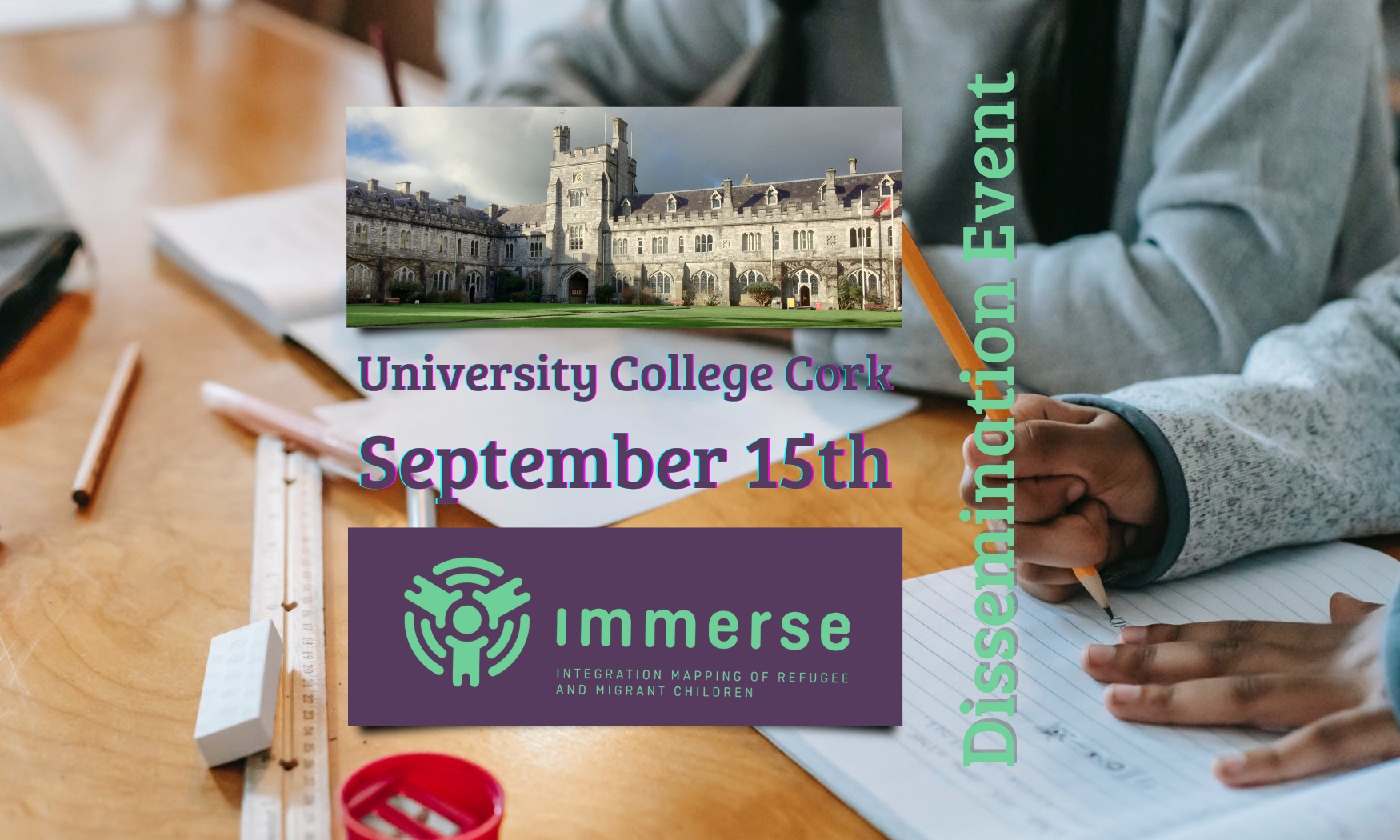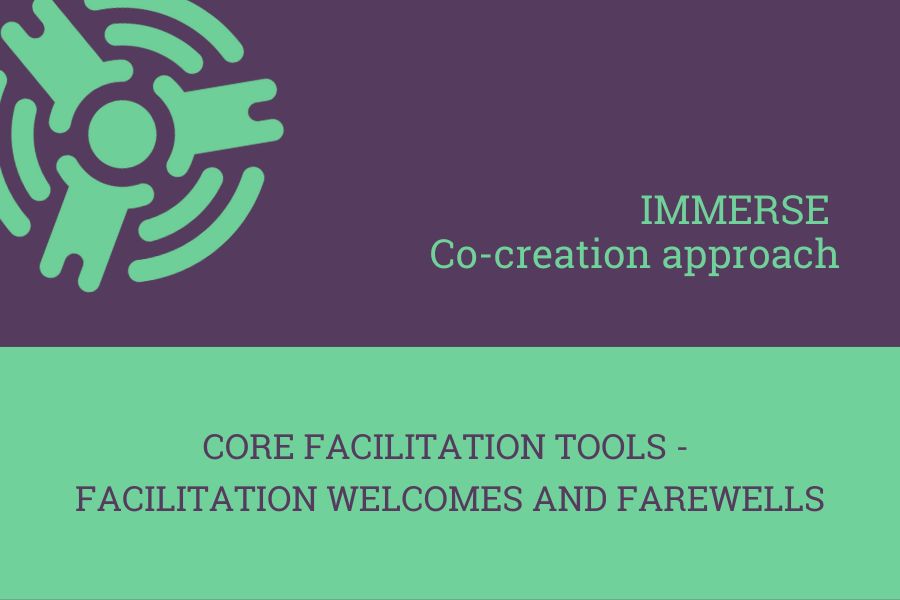Description
Given that Europe is facing the greatest refugee crisis since the World War II (about 1 million refugees and migrants arrived in the EU in 2015 and Europol estimates 27% of these are children), the future school population of the EU will be increasingly characterized by multiple cultures and values. The aim of the project was to foster social integration of people with disadvantaged backgrounds, to promote intercultural dialogue, democratic values and fundamental rights, non-discrimination and active citizenship, critical thinking and media literacy. It was implemented from 01-09-2016 until 31-08-2018 in Greece, Italy, Spain, Turkey and Austria. The Coordinator of the project was Öffentliches Stiftsgymnasium der Benediktiner zu St. Paul (based in Austria) and the consortium was consisted of Liceo Scientifico Statale Filippo Silvestri, 4th High school of Ilion, Istanbul Lisesi and IES Joaquin Turina. The target participants were upper secondary school pupils in the ages 15–18. Working groups of approx. 16 pupils were formed in each respective school. Every 8th (alternating) pupil took part in transnational learning activities and acted as disseminators for their working group and school community. It was a two-year Erasmus+ project granted by the European Commission.
- Access to compulsory education
- Children complete compulsory education
- Children maintain their cultural identity while adopting new cultural values and intercultural competences
- Children remain in (formal) education beyond compulsory levels / Access to (formal) non-compulsory education
- Children's competence in host language
- Children's life satisfaction / happiness
- Children's sense of belonging
- Friends and peers (bridges)
- Friends and peers (support)
- Institutions
- Teachers
Evaluation ex post
Evaluation is not available. More information might be available on demand:
Öffentliches Stiftsgymnasium der Benediktiner zu St. Paul
Hauptstrasse 1
9470
St. Paul im Lavanttal
Kärnten
Projects’ deliverables
The project results were obtained for each respective project topic: project website, Facebook/YouTube account, various lesson plans, video documentaries, PP-presentations, brochures, e-booklets, guidebook, manual for educators, etc.
All results were distributed open Access, so that these can be used in other schools and countries (homepage, eTwinning, further education servers); the lesson plans developed during the project can also be adopted in bilingual lessons of various school subjects or in a series of lessons (CLIL).
Deliverables are available at the following link.
https://ec.europa.eu/programmes/erasmus-plus/projects/eplus-project-details/#project/2016-1-AT01-KA219-016660
Reproducibility
The project has developed many deliverables to favour the reproducibility of the project in other schools and countries.
Motivation for the submission
The project is relevant to the IMMERSE project because its objectives are:
- Promotion of the inclusion of people with disadvantaged backgrounds, especially newly arrived migrants;
- Improvement of pupils’ basic and transversal skills through formal/non-formal education in a LLL perspective;
- Development of innovative integrated approaches promoting EU values, fostering social integration, enhancing intercultural understanding and a sense of belonging to a community;
- Promotion of internationalization and improvement in the quality of teaching staff and their abilities/competences as well as development of synergies between various partners on a EU level.



